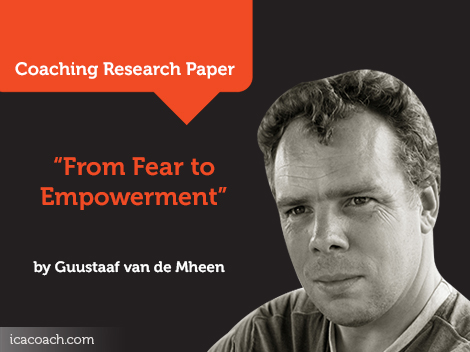
Research Paper By Guustaaf van de Mheen
(Business Coach, NETHERLANDS)
A case study of a Ugandan business
Background
In 2009 Mango Tree[1], a Ugandan socially responsible company, was an organisation in which negative attitudes towards work existed. Staff arrived late and had their breakfast and their newspaper at work, They were not paying full attention to their responsibilities. There was a disconnect between senior management and staff and there was minimal commitment to the organisation’s objectives.
This case study describes the changes implemented within Mango Tree to create a coaching-friendly environment that empowered employees and, as such, improved the way the company was operating in a positive way.
It is written from the author’s perspective, based on different developments and insights created in the organisation between 2009 and 2014. The changes within Mango Tree are described in a flow that is logical for the case study. This might give the impression that solutions were thought out perfectly beforehand, which is not the case. In the evaluation of the interventions, this will be elaborated on.
Objective
About Mango Tree
Mango Tree is a Ugandan company started in 2000. The mission of the company is twofold.
-
To empower African Educators with the best educational tools possible.
African Educators in this case should be seen in a very wide scope as anyone who wants to educate an audience about a certain topic. This can be a teacher in the regular school system, social worker, field worker and teacher in alternative learning programmes, medical professional, etc. The methodologies and tools developed are typically supporting tools that support a professional in the field to reach their audience better. Or to state it more succinctly, Mango Tree takes what is known (and written) on an academic level and makes this understandable to an audience with limited or no education or reading skills. Mango Tree creates tools made by local people, from locally available materials and fitting within the local culture, circumstances and curricula.
-
To serve as a socially responsible business model for Uganda.
Africa has many NGO’s. However, Africa, and Uganda in particular, do not have enough companies. Mango Tree believes that an abundance of successful companies are what drive an economy, and will ultimately lead to Africa’s financial independence. For Mango Tree, this means that it should empower its employees, not only by giving them fair compensation within its means, but also by assuring that they get the support they need to do their job effectively. This necessitates good coaching for staff.